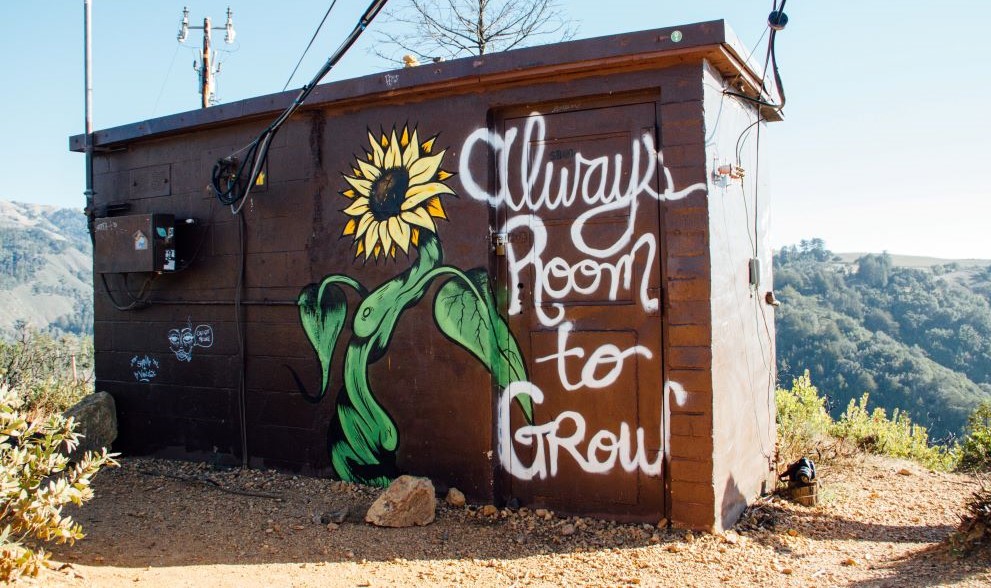
In this Spotlight on Remote Teaching post, Gill Aitken, Programme Director of the MSc in Clinical Education at the Edinburgh Medical School, shares the main takeaways from a paper she co-authored on the implications of online teaching for staff development…
In this post, I highlight why a recent paper I published with Daphne Loads may be of interest to some of you in the current move to online teaching. The paper is entitled “Experiences of staff new to teaching postgraduate students online: Implications for academic staff development”, and you can find it in the Journal of Perspectives in Applied Academic Practice.
When I first joined the clinical education team I had very little experience teaching online and I was very nervous about it. This was about ten years ago, and I can remember being frustrated about the lack of information available to support people like me. Most of what I found was highly technical (which I certainly cannot claim to be), and focused on competencies or activities, or comparing online and fact-to-face teaching, which didn’t really help me. I was much more interested in relationships and interaction.
As my initial anxiety receded, I found myself beginning to enjoy online teaching, and I can honestly say it is the most rewarding teaching I have been involved in during my twenty-year academic career. I wanted to know if others felt the same so, in 2012/13, I interviewed everyone teaching on the Clinical Education Masters at that time. The contributors were a mixed bag of clinicians, academics and professional services staff but all were starting to find their feet with teaching online.
The interviews were analysed with a phenomenographic lens, and we used this analysis to describe how online teaching was experienced as a developmental process. The developmental process is described as an initial concern with what the teacher is doing and a focus on practical design issues (a stage that many of you will find yourself currently). After some initial experience of online teaching, a period of reflection ensued where the challenges and opportunities afforded by teaching online were considered. This then moved to an insight that the online environment could be a place of interaction, before finally understanding that online teaching could be about engagement, with the focus firmly shifting to what the student was doing rather than what the teacher was doing.
I share this paper for a few reasons:
- After we published this work, several other online teachers have expressed their agreement that they went through a similar developmental process themselves.
- Before I tried it, like many people, I considered online teaching to be in some ways second rate. I now see it as a place of possibility and interaction, limited only by my imagination. This insight did take some time to develop, and it was necessary to go through the process of thinking about what I would be doing, panicking if the technology failed, learning to always have a back-up plan, and realised I rarely understood what IS were telling me when things went wrong. Gradually, I began to trust my instincts and relax, and my focus shifted to the students and what was actually happening when I was online.
- All those interviewed described moving to online teaching as challenging, but rewarding, which challenges a common view in the literature that moving to online teaching was a threat to an individual’s academic identity.
- The humanness of the online environment surprised most people, specifically the quality of the interaction and the relationships that developed. As one person reflected:
There’s something really touching…it feels in a way that you build a stronger relationship with some of the people because you see their kids or their cats [on screen] … and I feel totally charmed by it.
Of course, context is important and must be considered. I chose to teach online and have not been required to learn how to do it at speed. I teach healthcare workers who are older and tend to be very motivated in their studies and bring considerable professional experience to the academic environment that can be used as a learning resource. However, I offer you this tale to encourage you that if I can do it…. you certainly can.
If you’d like to know more, please get in touch: gill.aitken@ed.ac.uk.
USEFUL RESOURCES:
Note: The IAD will be offering some online sessions to support colleagues as they move to remote teaching. The first of these, Teaching in online environments, is taking place on the 2nd April (further details and to book: https://edin.ac/3bplq2H). Further sessions will be offered, including considering alternative assessment approaches.
- Information Services Teaching Continuity web pages
- New guidance for students on using online learning tools


